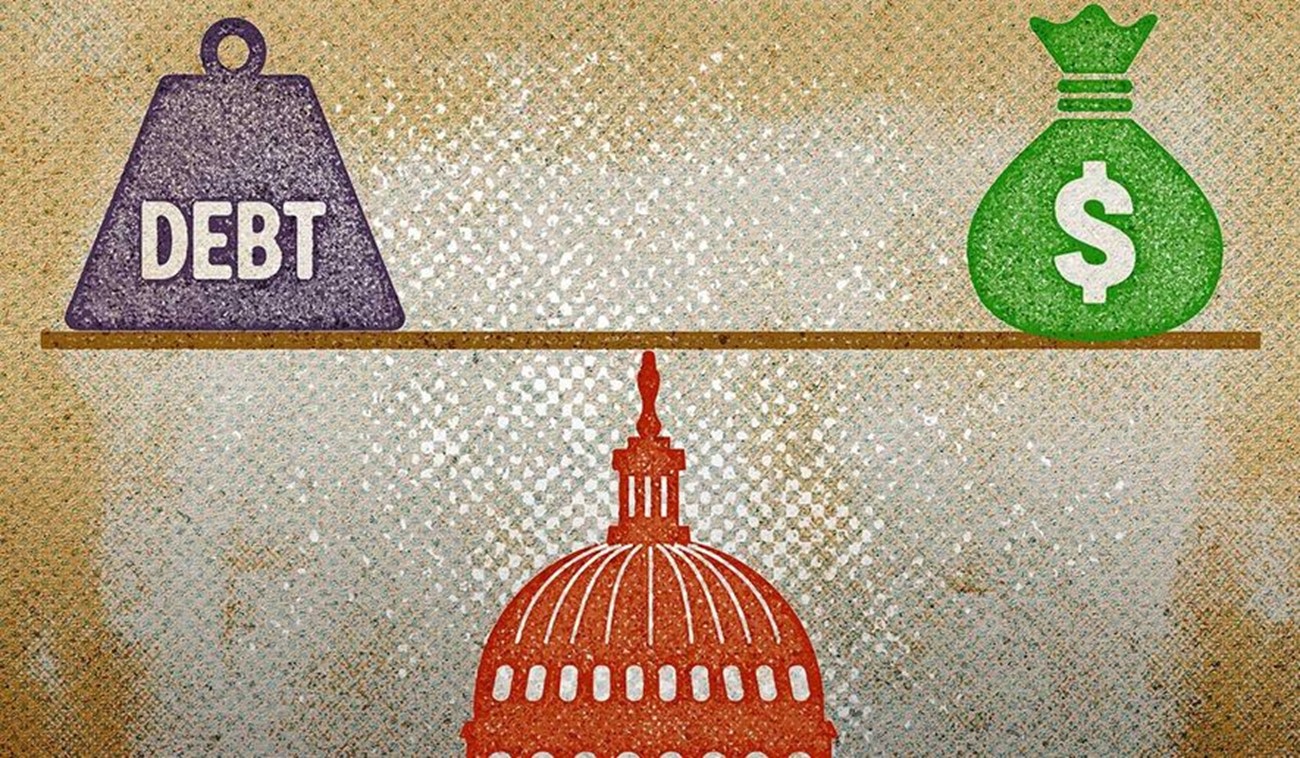
Cut Spending by Transforming Congress into a More Effective and Efficient Organization
By Marvin L. Covault, Lt Gen US Army, retired – Nov 1, 2023
In 2020 when the pandemic was beating up every aspect of our society the Congress concocted a 5,593-page-bill monstrosity for Covid-19 relief, The Cares Act. Of course, it passed; nearly everyone could use a little relief from Covid and the taxpayers were stuck with the bill, all $1.8 trillion dollars. But here is the pathetic part; under the guise of helping Americans through the pandemic, members of Congress took the opportunity to pork-up the bill with dozens, if not hundreds, of earmarked funding directives that had absolutely nothing to do with Covid or Covid relief. Here is a sampling:
$10 million for “gender programs” in Pakistan,
$300 million for fisheries,
$100 million for NASA,
$300 million to Endowment for the Arts,
$300 million to Endowment for the Humanities,
$300 million to Public Broadcasting,
$500 million for Museums and Libraries,
$720 million to Social Security Administration,
$315 million to the State Department,
$90 million to the Peace Corp,
$492 million to National Railroad Passenger Corp,
$526 million grant to Amtrak.
$4.7 billion in foreign aid to nine countries.
The takeaway from this example is that under different circumstances, each of these expenditures could have/should have seen the light of day in one or more congressional committees where expert witnesses would have testified to the pros and cons of passing the funding.
The second takeaway is that the Covid Relief Act was not a one-off occurrence. Producing multi-thousand-page bills has become the norm. No one who votes for them has actually read them and therefore do not know what they are voting for or against. Should we be borrowing money for earmarks that have never been exposed to public scrutiny? If viewed separately by the American taxpayers, would they all pass the smell test? Absolutely not.
For years politicians have been emphasizing the need for infrastructure spending. So, in 2021 congress finally passed, in a bipartisan vote, a $1.2 trillion Infrastructure bill which, by the way, is also funding universal pre-K, child care, enhanced child tax credit, earned income tax credit, Affordable Care Act subsidies, Medicaid expansion, medical hearing benefits, affordable housing, Pell grants, children’s nutrition, immigration, state and local tax deductions, etc. etc. etc. Only about 25% of the expenditures actually exist for real infrastructure such as roads, bridges and airports. What happened to the remaining $900 billion?
Why has Congress become so continuously inept when it comes to responsible spending? Simply stated, they do not have a set of established operational standards and any organization without standards is a failed organization. Establish and enforce a set of simple standards and a lot of things in Washington can get fixed, quickly, including irrational spending of hundreds of billions of taxpayer dollars.
However, keep in mind that change is a frightening concept to most organizations. Fixing Congress will take courage and strong, sensible, insightful leadership. The Republican Party is supposed to be the party of fiscal responsibility. Now is the time. We just finished a fiscal year with $1.7 trillion in deficit spending; up 23% from the previous year.
$33 trillion in national debt is a frighting reality. But what is worse is the realization that no one in Congress is doing anything to shut down the deficit spending and continuous borrowing. The are two ways to go about achieving real fiscal constraints.
One, we have to realize that the president’s annual budget is the sum of what it takes to fund every branch and division in the massive Executive Branch bureaucracy. We need to also realize that too much of that bureaucracy is outdated, unnecessary, redundant, providing no value-added and just needs to go away. The solution is to tear the U.S. Executive Branch apart piece by piece, rebuild it with elements that are actually providing value added and cut out hundreds of billions of dollars from the President’s budget each spring. But that project must wait for a president/vice president team of Republican fiscal conservatives; maybe 2024.
The second way to cut spending is to change the way Congress operates. Make it more efficient, more effective, more timely, more responsible. Now is the time, right now with a new Speaker in the House of Representatives. This can be Speaker Johnson’s greatest contribution, his legacy. Certainly, it will be met with resistance but the American tax payers will welcome a simple, workable, inexpensive plan to cut spending rather than just keep saying, “we need spending cuts” as a sound bite and a headline.
FIX THE SYSTEM, TRANSFORM CONGRSSIONAL SPENDING
I am suggesting institutionalizing a set of seven new operational standards for Congress.
Continuing reading article:
